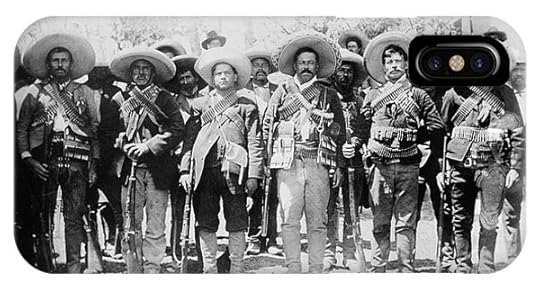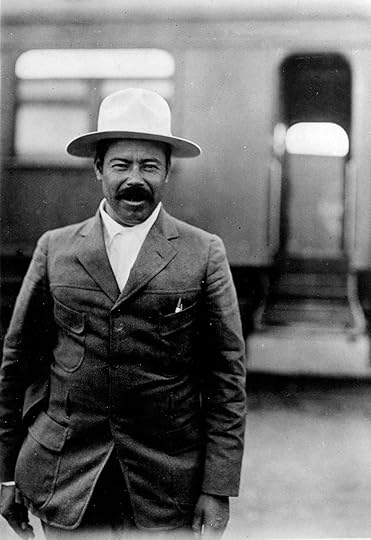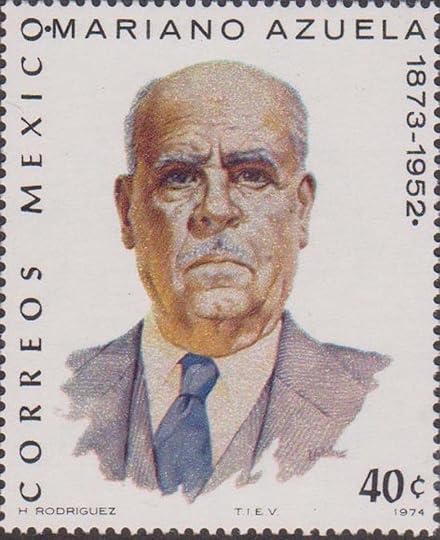What do you think?
Rate this book


153 pages, Paperback
First published January 1, 1915



«Io avevo immaginato un prato fiorito al termine della strada… E ho trovato una palude. Amico mio, vi sono dei fatti e vi sono degli uomini che non racchiudono se non fiele. E questo fiele vi cola goccia a goccia nell’anima, e tutto amareggia, tutto avvelena. Entusiasmi, ideali, gioie… tutto! E allora non vi rimane che una alternativa: o diventate un brigante come essi, o scomparite dalla scena e vi rinchiudete tra le mura d’un egoismo impenetrabile e feroce.»
«perché combattere ancora, Demetrio?» Demetrio, la fronte aggrottata, raccoglie distratto un sassolino e lo butta in fondo al canyon. Poi rimane pensoso a guardare in giù, e infine dice: «Guarda come quel sasso non si ferma più…»